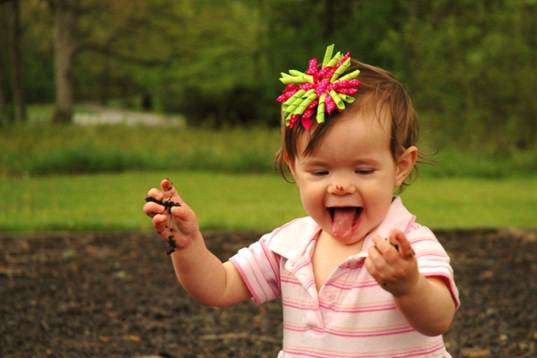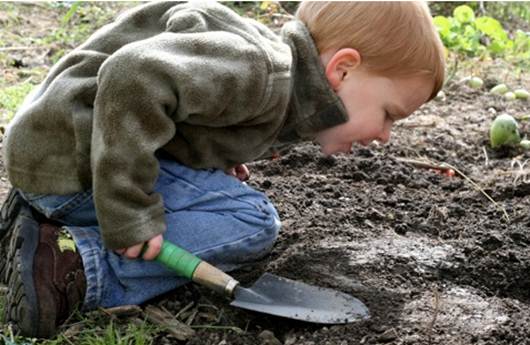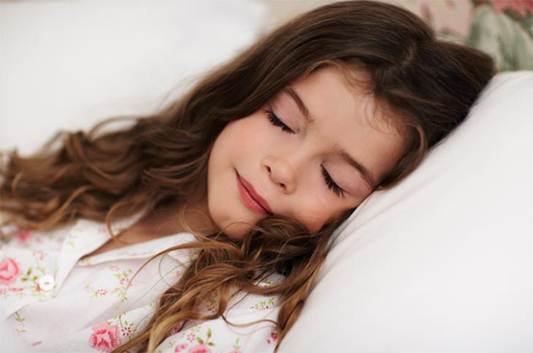New research throws mud at old thinking
about sterile environments.

Put down the hand gel for a second: a new
study found infants who encounter a wide range of bacteria are less likely to
develop allergies later in life. Pair that with past research that says the
germs and microorganism that enter a baby’s body actually help build a strong
immune system, and you may be wondering just how much “dirt” your baby should
encounter. Before you decide to bury your baby in a blanket of mud (or bust our
the bleach), consider this advice:
A happy medium

No one is saying your baby should live in
filth but rather that a too-sterile environment may not be the best for baby
either, says Todd Mahr M.D., pediatrician and chairman of the American Academy
of Pediatrics’Section on Allergy and Immunology. “Parents shouldn’t be overly
obsessed with cleaning everything to a complete degree,” he says.
About those hand gels you love…
Yeah, give them a break. The overuse of
anti-bacterial products may promote the growth of bacteria that are resistant
to antibiotics. The general rule is all you really need is soap and water.
Relax a little
Let little ones go bare-foot outside and
play in the dirt, advises Joel V.Weinstock M.D., chief of the division of
gastroenterology and hepatology at Tufts Medical Canter in Boston. Even having
pets around will help build your baby’s immune system.
Shot tip!

Babies who are vaccinated in the afternoon
slept better afterward than those parents opted for morning shots, according to
a new study. This is good because sleep helps maximize the body’s response to
the vaccine.